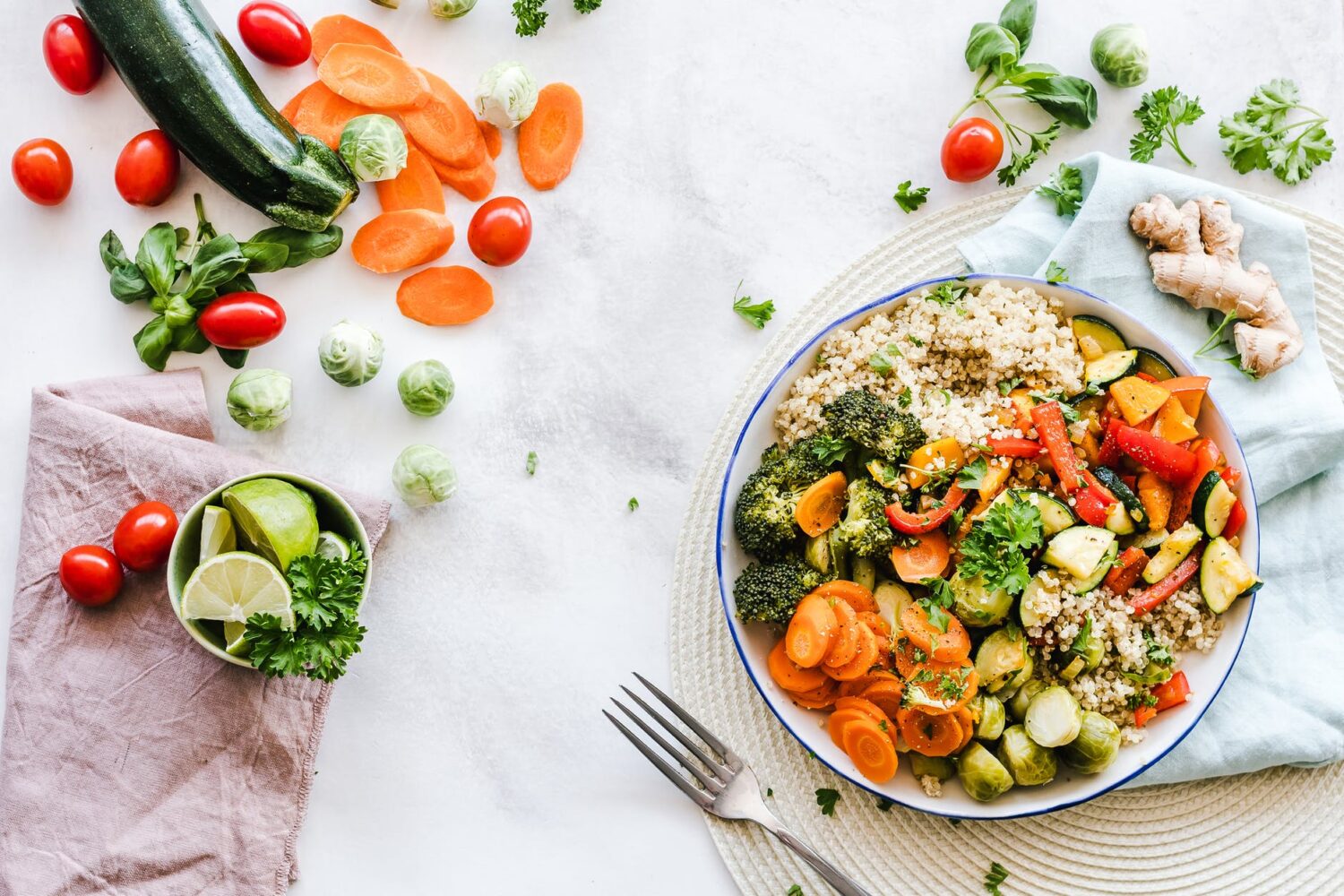Ever since organic foods were introduced to the market, typical fruits and vegetables have become the first choice when it comes to nutrition. The key benefit of organic food is that they are grown without any chemical pesticides or fertilizers. Pesticides and fertilizers help in removing growth patterns in plants but also leave behind a chemical residue that enters our food chain.
These chemicals are incredibly harmful not only to our health but also to the environment. In organic foods, natural pesticides and fertilizers are used to offer the same dietary benefits. However, recent research has shown that organic foods might offer more than just chemical-free food. In this guide, we will be answering frequently asked questions about the nutritious value of organic food.
What is Organic Food?
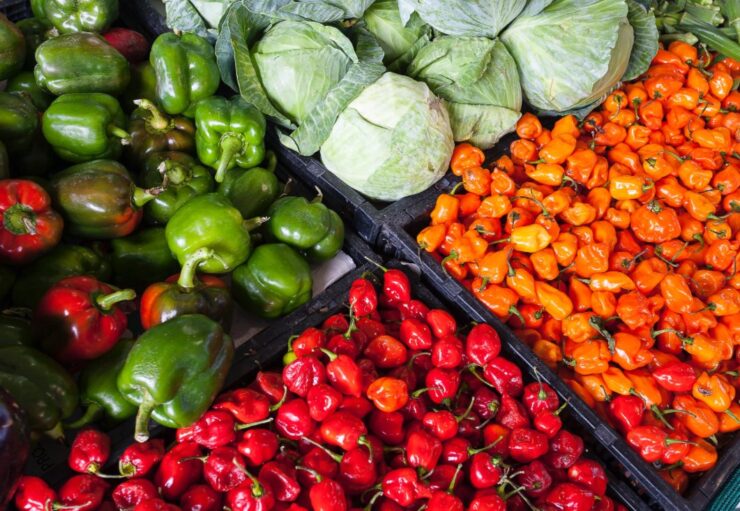
Before we jump to the health benefits of organic foods, we need to understand what exactly qualifies as organic. According to national standards, any food groups cultivated without the help of synthetic fertilizers and pesticides, sludge, or radiation is eligible to be called organic. If you want to get organic food berwick, you can find more information about making the switch.
Organically raised animals should have access to an open environment and adequate pasture. They should also be raised without any kind of antibiotics or chemicals related to growth hormones.
Any food item which has an organic label consists of 95% of organic ingredients and follows the national requirements.
How Safe is Organic Food?
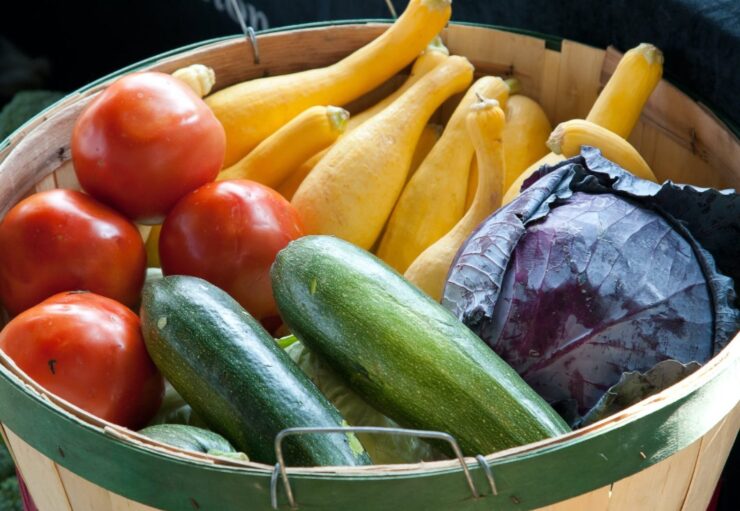
Organic food is primarily preferred because it is safe from the negative effects of chemical pesticides. When you get organic food, your chances of getting chemical residue are significantly reduced.
While organically grown foods had some chemical residues, they had about two-thirds pesticide residue less than that in conventionally grown crops.
As compared to traditionally grown crops, organic foods are also safer because they do not allow for the chemical residue to build up in the body and in the food chain. Even though organic food is invariably safer than conventional alternatives in terms of chemical residue, it might have some backdrops. Because the pests attacking the plants are not tackled by herbicides, the crop will have to produce its own natural toxins.
The natural toxins of the plant are just as harmful to humans as they are to pests. It can cause issues if too much of it is ingested. They use manure as fertilizer is eco-friendly but also produces a significant health risk. People eating food fertilized by manure have a higher risk of getting contaminated by disease-causing microbes.
If you choose organic food, it is more likely to be contaminated with bacteria than conventionally cultivated food. This is also because there are no strict rules on the use of manure during cultivation. But bacterial contamination is likely to affect conventionally grown foods as organic ones because it mostly happens when the crop leaves the field. Most of the contaminating agents can be removed by rinsing the vegetables and fruits thoroughly.
How Nutritious is Organic Food?
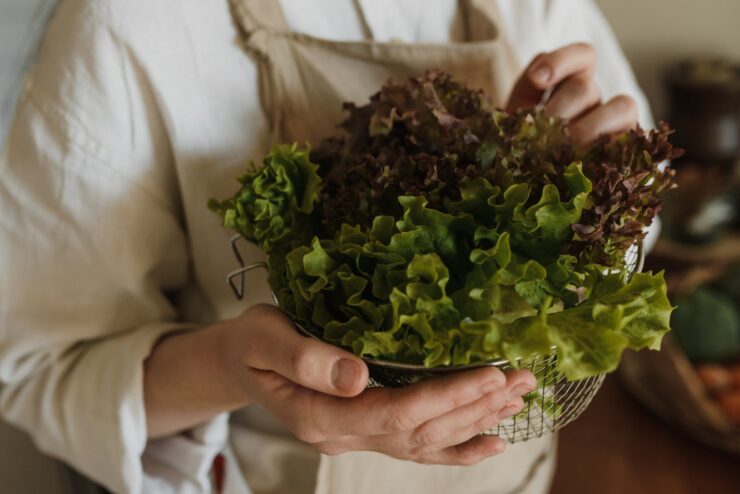
There has been very limited research in terms of the nutrition capability of organic food compared to traditionally grown crops. This also means that there is not much variation in terms of the nutrient content between conventionally grown foods and organic alternatives. However, there has been some research that suggests that organically grown food will have a higher content of vitamin C.
There has also been evidence to suggest that organic foods have higher levels of antioxidants. There are numerous benefits to antioxidants which include protecting your body from the aging process. The benefits of antioxidants also include preventing heart diseases and keeping your skin healthy.
So far, the research has been very limited, which makes it difficult to say anything with certainty. Even if organic foods have higher levels of certain nutrients, they can be compromised if the food is not eaten fresh. Keeping the food in the refrigerator makes certain nutrients get oxidized, which will reduce the number of health benefits you can derive from it. Even if you are obtained from conventionally grown foods, try to eat it as fresh as possible after washing it carefully.
Fresh food also has the benefit of tasting better, which will enrich the dining experience. Organic food farms are typically smaller operations, so the transportation of products is done in nearby areas. Conventionally grown foods are likely to travel further distances and will be less fresh as compared to their organic counterparts.
Should You Spend More on Organic Food?
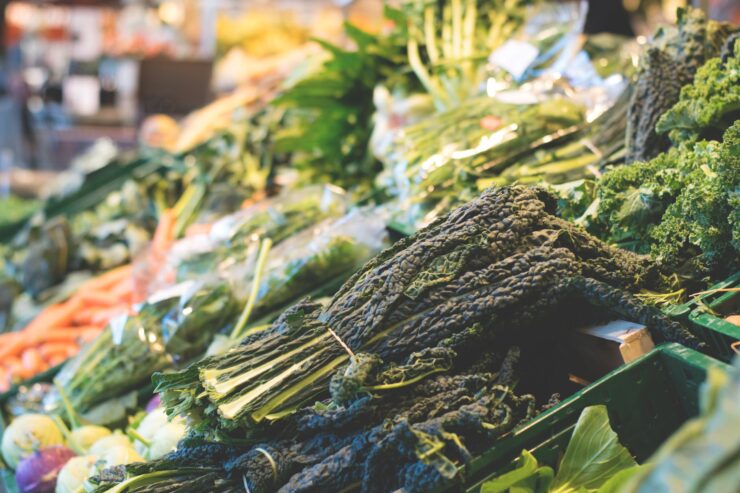
It is a well-known fact that organic food is more costly than conventional alternatives. This is so because natural pesticides and fertilizers cost more than chemically-derived ones. Food is also preferred because it is eco-friendly and promotes the betterment of not only the person eating it but of the society in general.
Chemicals are a big problem for the environment and for the health of human and animal life. If you can spend more on organic foods because you feel they work well for you, by all means, you should. It becomes a subjective decision because switching entirely to organic food is a big decision when it comes to maintaining a budget.
An important consideration you need to have in my mind is that conventional foods can be healthy if you take a balanced diet. If you have decided to switch to organic foods entirely, make sure you are not changing your diet. For instance, if you were buying ten items of conventionally grown foods, do not start buying five items just because you are shifting to organic foods and need to save money.
The Takeaway
We hope that you now understand the benefits of switching to organic food. There are some proven nutritional benefits worth considering. Knowing the pros and cons of conventionally grown food will help you make the decision for yourself. The bottom line is your subjective opinion on whether or not you can afford to make the switch to organic food.

